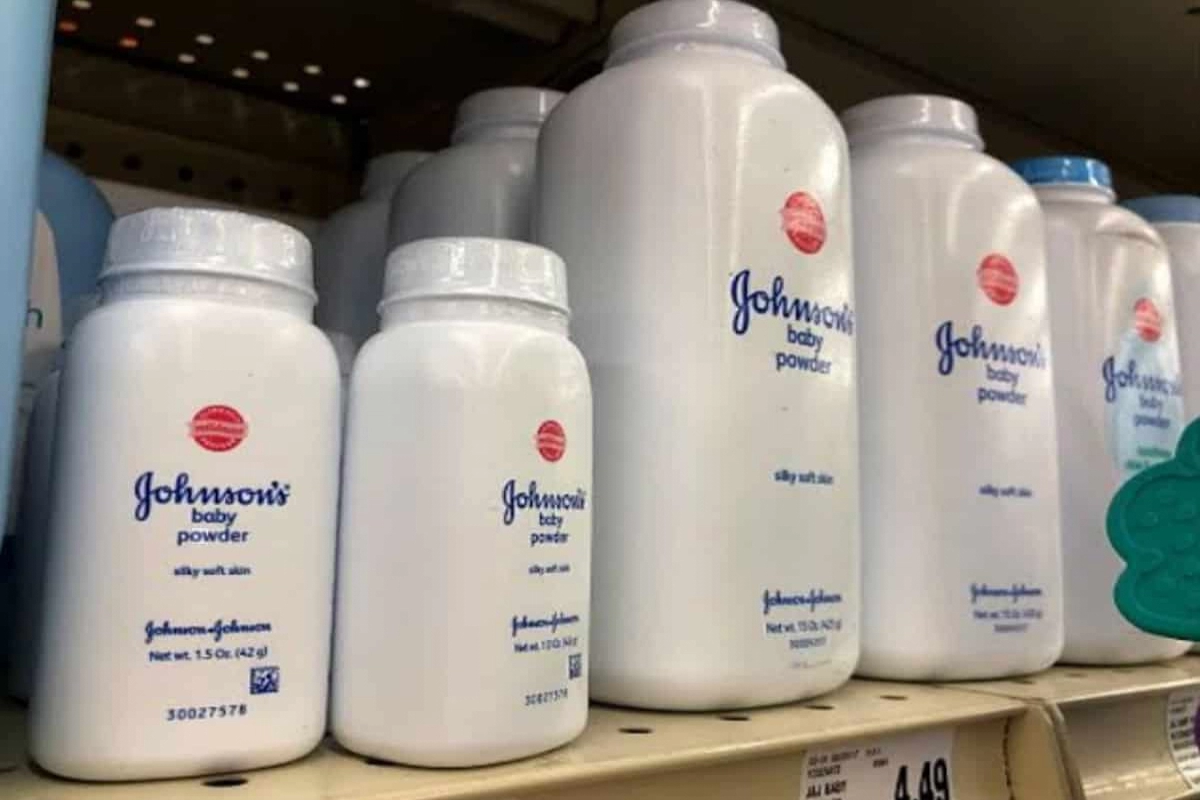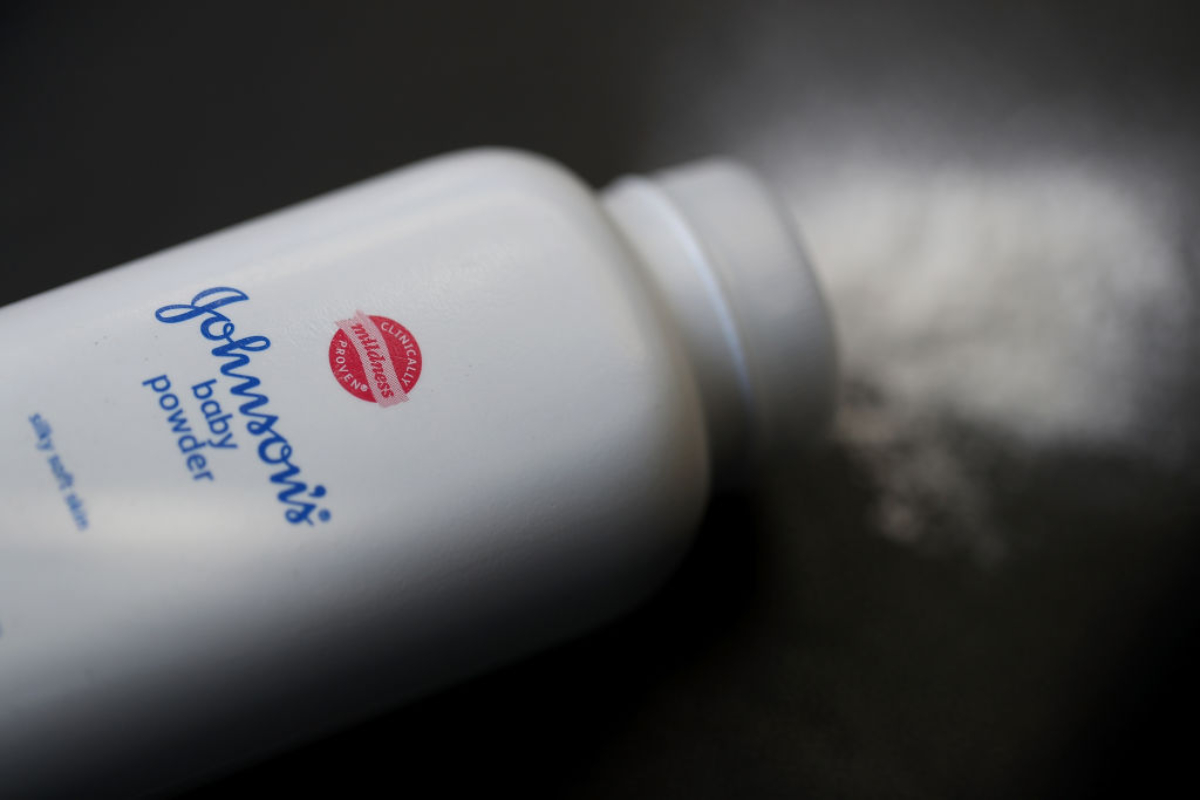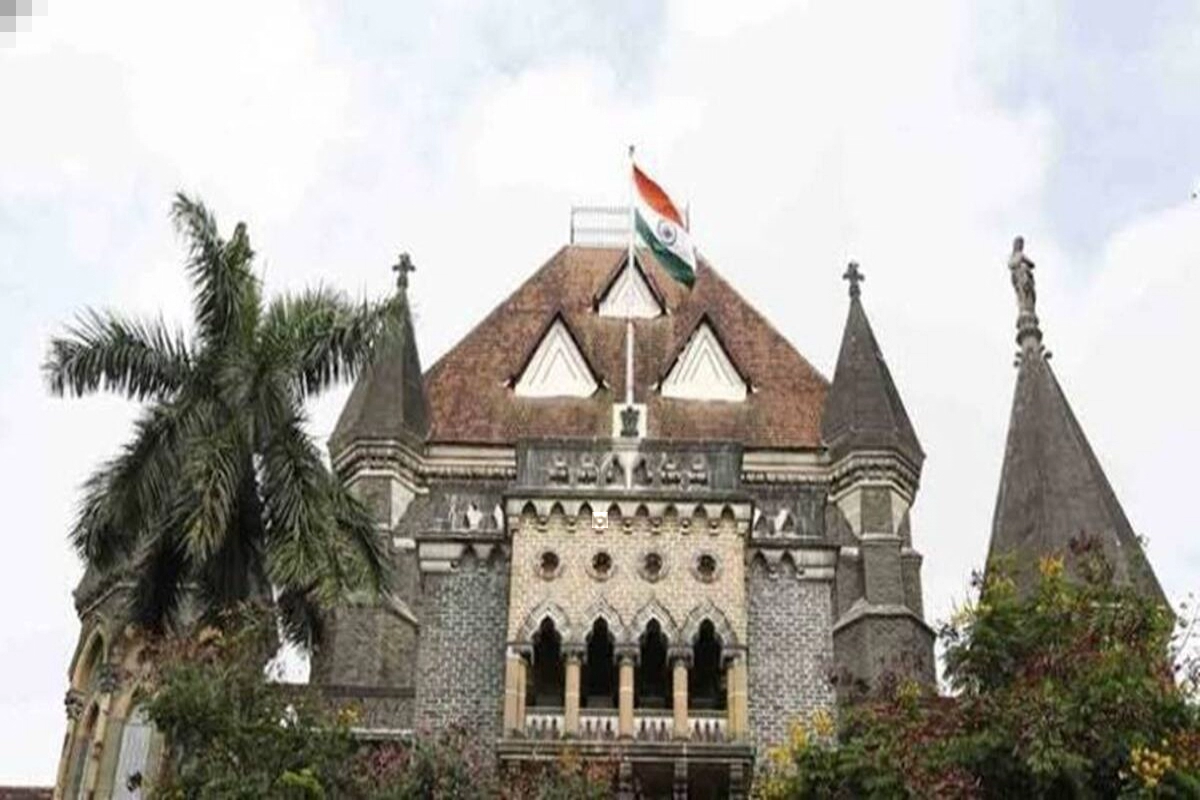On Wednesday, the Bombay High Court upheld a decision by the Maharashtra government to revoke Johnson & Johnson’s licence and order the company to stop producing and selling baby powder. The court described the orders as being stringent, unreasonable, and unfair and upheld Johnson & Johnson’s right to manufacture, sell, and distribute its baby powder.
Bombay High Court permits Johnson and Johnson to manufacture, sell and distribute its baby powder
The state Food and Drug Administration (FDA) was severely criticised by a division bench of Justices Gautam Patel and S. G. Dige for taking too long to conduct tests on a sample of the company’s baby powder that was confiscated in December 2018.
Unreasonable to shut down whole manufacturing process if there is a deviation in one of its products
While upholding safety and quality standards is crucial for cosmetic products, the bench observed that it does not seem rational to stop the entire manufacturing process when there is a tiny variation in one of the products.
According to the report, such a strategy would lead to significant “economic turmoil and wastefulness.”
Based on a test result that revealed the powder had a higher pH level than required, the orders of licence suspension and revocation were passed.
In its order on Wednesday, the HC observed that the most recent testing revealed that every batch of the baby power product complied with the standards set forth.
Also Read: Over Covid-19 Concern, Health Minister Says ‘Remain Alert And Do Not Panic’
Bombay HC passed order on petition filed by J & J challenging three orders
The company petitioned the court to overturn three orders issued by the state government: the first, dated September 15, 2022, cancelling the licence; the second, dated September 20, 2022, ordering the company to stop immediately producing and selling the baby powder product; and the third, issued by the state minister in question on October 15, 2022, upholding the first two orders.
“The executive cannot use a hammer to kill an ant,” the HC ruled in its judgement. Is it always necessary for the regulatory authorities to cancel or revoke the manufacturing company’s licence in the event that a single instance of deviation or non-compliance (to established norms) by a product occurs?
“We believe that this is an extreme approach. The executive action appears to be unjust and illogical. Furthermore, there is no evidence to suggest that the FDA has applied the same strict standards to any other products made by the petitioner company or any other business, it continued.
The HC invalidated the government orders after noting their inadequacy and gave the business permission to produce, market, and sell its baby powder goods.
“We believe that this is an extreme approach. The executive action appears to be unjust and illogical. Furthermore, there is no evidence to suggest that the FDA has applied the same strict standards to any other products made by the petitioner company or any other business, it continued.
The HC invalidated the government orders after noting their inadequacy and gave the business permission to produce, market, and sell its baby powder goods.
Bombay High Court comes down heavily on FDA
The business began manufacturing and selling its product in 2018, when the sample was collected for testing, and continued doing so until 2022, when its licence was suspended. A watchdog like the FDA is vital, but it must carry out its duty of protection. It claimed that delays in evaluating samples prevent this from being accomplished.
The HC stated that the FDA would have access to a more detailed strategy under the terms of the law.
The court stated: “It does not seem logical to us to accept that the only possible result is to shut down all manufacture the moment a product is discovered to be deviant or non-conforming to the set criteria.”
According to the report, the FDA’s approach would cause significant business disruption and waste.
The joint commissioner and licencing authority of the state FDA issued the orders of licence suspension and revocation based on a report from the Central Drug Laboratory in Kolkata, which discovered the powder had a higher pH level than recommended.
The high court had granted the business permission to manufacture its product in a temporary ruling in December 2022, but not to distribute or sell it.
The HC subsequently gave the order for fresh samples to be taken from the company’s factory in the Mulund suburb and submitted to three labs, two public and one private, for analysis.
In its ruling on Wednesday, the bench stated that the most recent testing revealed that every batch of the infant power product complied with the standards set forth.
According to findings provided by the government following further tests, the products were in compliance with the recommended levels of pH, which range from 5.5 to 8, it said.
14 random batches of J & J tested by independent public testing laboratory found to be well within prescribed pH level
The business claimed in their plea that an impartial public testing laboratory had examined 14 random batches from February, March, and September 2022 and found that all were within the acceptable pH range.
The top Fast Moving Consumer Goods (FMCG) producer claimed that its Mulund factory has been producing baby powder for the past 57 years and that its licence was extended in January 2020.
According to the market worth of the sold items, the company further claimed that as a result of the licence revocation, it lost Rs 2.5 crore every day.
Also Read: Omicron boosters reduce hospitalisation by 81% in over 65 age group: Israel study
Keep watching our YouTube Channel ‘DNP INDIA’. Also, please subscribe and follow us on FACEBOOK, INSTAGRAM, and TWITTER












